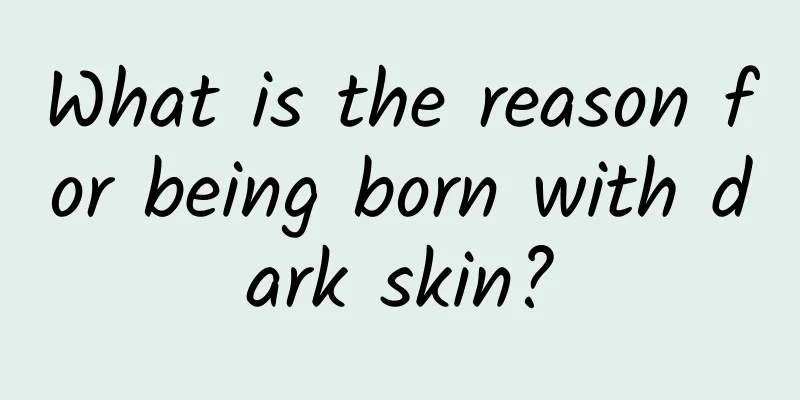What medicine is good for premature heart beats?

|
Heart problems are very important health issues in modern life. With the increase of people's survival pressure, many people's hearts are prone to pathological manifestations under long-term high-pressure conditions. Among them, premature heart beats are a relatively common phenomenon. This phenomenon will have a greater impact on people's lives. Therefore, it needs to be dealt with in time. Let's take a look at what medicine is good for premature heart beats? Premature beats are also called premature contractions or extrasystoles, or simply premature beats. It is a premature ectopic heart beat. According to the site of origin, it can be divided into four types: sinus, atrial, atrioventricular junction and ventricular. Among them, ventricular beats are the most common, followed by atrial beats, and sinus premature beats are rare. Premature beats are a common ectopic rhythm. It may occur in the setting of sinus or ectopic (eg, atrial fibrillation) rhythm. It may occur sporadically or frequently, and may occur irregularly or regularly after every or every few normal beats, forming bigeminy or coupled premature beats. Most premature beats without organic heart disease do not require special treatment. Those with symptoms should reassure themselves. Sedatives and beta-blockers can be tried for premature beats induced by tension, excessive excitement, or exercise. In addition to etiological treatment, antiarrhythmic drugs can be used for treatment. Atrial and atrioventricular junction premature beats are mostly treated with Class Ⅰa, Ⅰc, Ⅱ, and Ⅳ drugs that act on the atria and atrioventricular junction, while ventricular premature beats are mostly treated with Class Ⅰ and Ⅲ drugs that act on the ventricles (see the drug classification above, and also see Chapter 7 "Introduction to Clinical Pharmacology"). Potentially fatal premature ventricular contractions often require emergency intravenous medication. Class Ib is preferred. Intravenous lidocaine is still often the first choice in the early stages of acute myocardial infarction. Beta-blockers are often used to treat myocardial infarction unless there are contraindications. Class I drugs are contraindicated in patients with primary or secondary long QT syndrome. For primary patients, beta-blockers, phenytoin, or carbamazepine can be used as an alternative. For secondary cases, the cause should be removed and treatment should be with isoproterenol or atrial or ventricular pacing. Recent studies have suggested that antiarrhythmic therapy may increase the risk of mortality. Even if patients with heart disease control ventricular premature beats, there is no evidence that it reduces the rate of sudden death (except for the use of beta-blockers after myocardial infarction). Therefore, the pros and cons of using antiarrhythmic drugs should be weighed. |
<<: How to treat pain in the back heart area?
>>: How to treat dual cardiac pathway?
Recommend
Is breast keloid a problem?
Breast disease is a common disease among women. S...
Can pregnant women eat pineapple in the early stage
Pregnant women are a very special group. They sho...
Effects of Intestinal Cleansing Tea
Nowadays, most of our friends pay great attention...
What kind of fetal movement indicates a boy?
With the development of society and the liberatio...
Hand burn scar
Burns are divided into different types according ...
What to do when your child has toothache
When children are changing their teeth, they will...
What is causing chest tightness, difficulty breathing and nausea?
Chest tightness, shortness of breath, difficulty ...
What is the reason for normal menstruation but no ovulation?
We all know that anovulation can lead to female i...
The memory of the elderly declines rapidly, and it is the "culprit"
The memory of the elderly will gradually decline ...
What are the symptoms of depression?
As our living conditions gradually improve and as...
What to do if your lips are inflamed? These methods can help you put out the fire
The weather is so hot and humid in summer, it is ...
What are the symptoms of cerebral hemorrhage?
The occurrence of cerebral hemorrhage can pose a ...
Acute mumps symptoms
Mumps is a respiratory infectious disease caused ...
Sitting up unconsciously at night
When sleeping at night, some people suddenly sit ...
How to treat closed comedones
Closed comedones are very common in life. They oc...









